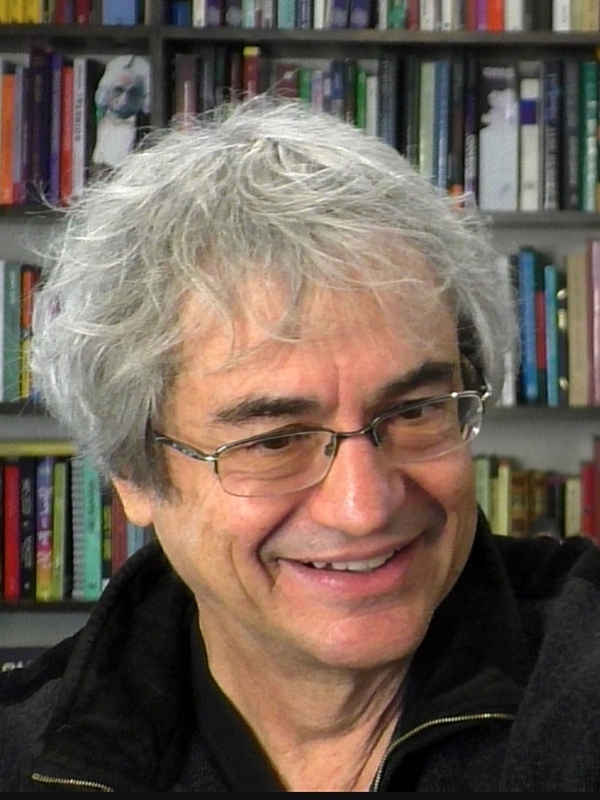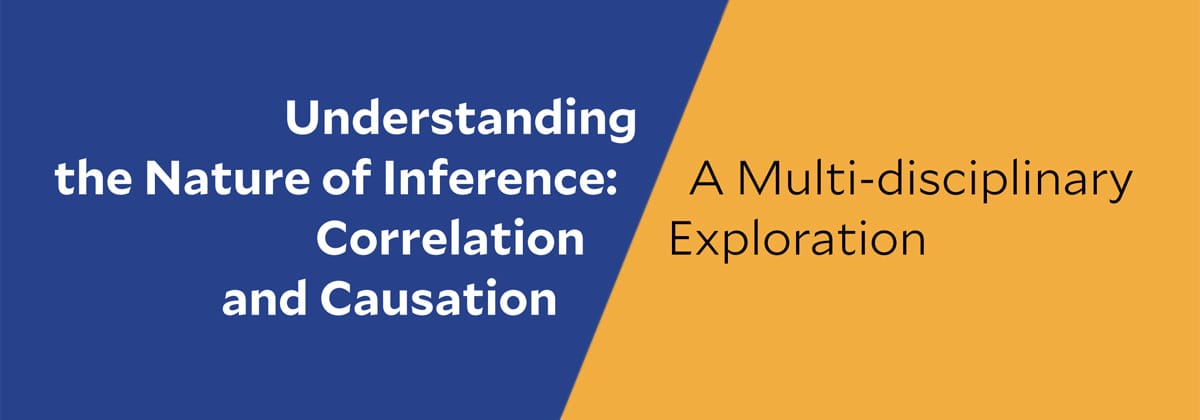
What is a ‘Cause,’ and Why Does it Happen Before the Effect?

The physics of the time orientation of causation is more subtle than what it looks like superficially. For a long while it was reduced to a mere linguistic issue (a “cause” is just the term of a correlation that happens earlier, Hume). As emphasized by Russell, there is no time orientation in fundamental physics. But causation was later better understood as an essential notion in the context of an agent having choices, which after all is our own common context. This traces the time orientation of causation to the time orientation of agency. This realisation has been used by Nancy Cartwright to argue for the incompleteness of fundamental physics. However, agents are, in turn, physical systems and they must derive their time orientation from physics. Does this bring us back to square one? Remarkably, the answer is no because agency is a macroscopic notion and macroscopic physics is, contingently, time oriented, in a way compatible with the fundamental absence of an arrow of time. Hence the time orientation is causation is a consequence of the thermodynamic arrow of time, but in a peculiarly indirect way, that goes through the physical nature of the agents with respect to which causation is meaningful.

Carlo Rovelli
Carlo Rovelli is a theoretical physicist known for his work in quantum gravity, on the foundations of physics, and on the history and philosophy of science. He was born in Italy in 1956, graduated from the Universities of Bologna and Padova, and has worked in universities in Italy, the United States, France, and Canada. He heads the Quantum Gravity group of the Center of Theoretical Physics of the Aix-Marseille University. Professor Rovelli is a member of the Institute Universitaire de France, Honorary Professor of the Beijing Normal University, Honoris Causa Laureate of the Universidad de San Martin, Buenos Aires, and member of the Académie Internationale de Philosophie des Sciences. In 1995, he was awarded the Xanthopoulos Award for “the best relativiste worldwide under forty.” His main scholarly books are ‘Quantum Gravity’ (Cambridge UP 2004) and ‘Covariant Loop Quantum Gravity,’ in collaboration with F. Vidotto (Cambridge UP 2014). Rovelli has also written global best sellers, among which are Seven Brief Lesson on Physics, translated in 44 language, and The Order of Time. He was included by Foreign Policy magazine in the 2019 list of the 100 most influential global thinkers.
The conversant for this event is Professor Erin Winsberg. Professor Winsberg joined the Philosophy Department faculty at the University of South Florida in 2001 after a postdoctoral fellowship in History and Philosophy of Science at Northwestern University. His principal interests are in the philosophy of science, the philosophy of climate science, and the philosophy of physics. He is especially interested in the role of computer simulations in the physical sciences, and analog simulation in cosmology, and in the foundations of statistical physics and the direction of time. His work in the philosophy of climate science specifically relates to their application in science policy and ethics. He also writes on truth and on scientific authorship. Winsberg is the author of several articles on these topics that have appeared in such journals as Philosophy of Science, the Journal of Philosophy, the British Journal for the Philosophy of Science, Studies in History and Philosophy of Modern Physics and Synthese. He has held visiting fellowships at the Center for Interdisciplinary Studies (ZiF) at the University of Bielefeld in Germany , and the Institute of Advanced Study at the University of Durham in the UK, at the University of California, Berkeley, the MCMP in Munich and at the University of Lueneburg in Germany. He is the author of Science in the Age of Computer Simulation from the University of Chicago Press and Philosophy and Climate Science from Cambridge University Press, as well the forthcoming Cambridge Elements in Philosophy of Science on Models in Science. Over the last several months, he has focused on the use of models and methods of causal inference in the COVID-19 pandemic. When he’s not tapping away on his laptop, you can often find him out on the water on his standup paddle board.
More Information and Resources
Recent books by Professor Rovelli:
Seven Brief Lessons on Physics
Recommended reading:
Time’s Arrow and Archimedes’ Point: New Directions for the Physics of Time
